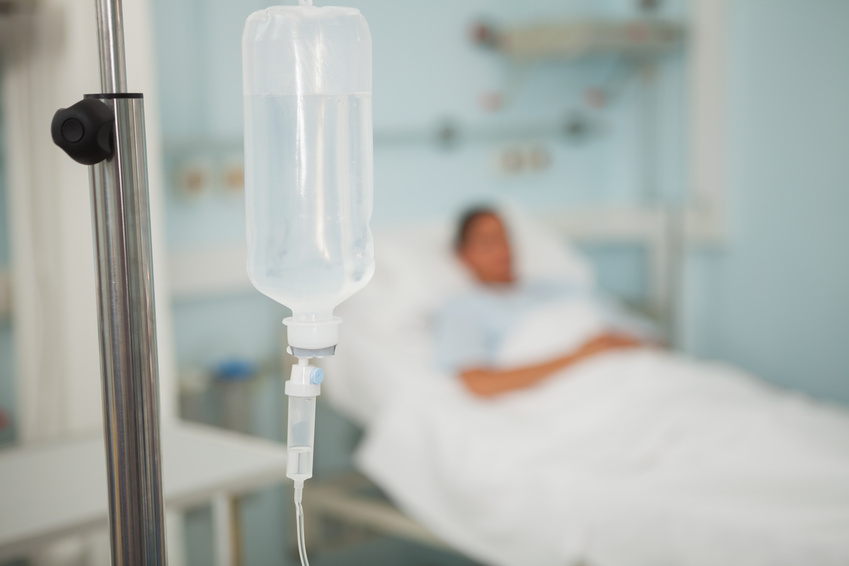When people with cardiovascular diseases are exposed to COVID-19, they are more likely to develop complications such as a heart attack, myocarditis or severe pneumonia. This always involves the patient's immune system with an excessive inflammatory reaction. For a targeted therapy, doctors first need to understand how this overdriven defence reaction occurs. Is it caused directly by the coronavirus or is it a strong immune response to an existing inflammation of the heart or vessels in parallel to the immune response caused by SARS-CoV2?
Dr. Sebastian Cremer, senior physician at the University Hospital Frankfurt and scientist at the German Centre for Cardiovascular Research (DZHK) and his colleagues therefore want to clarify what happens in the inflammatory cells of patients with atherosclerosis in the case of COVID-19 disease compared to COVID-19 patients without previous diseases. "In heart patients with narrowed coronary arteries, even an inflammatory event in the entire body, for example as a result of COVID-19 disease, can contribute to the instability of atherosclerotic plaques in the heart arteries and thus promote a heart attack," explains Cremer. "Within the scope of our research project, we want to clarify whether inflammatory cells of patients with pre-existing inflammatory vascular diseases such as atherosclerosis are activated differently after a COVID-19 disease and whether an increased inflammatory activity of cells of the peripheral blood can lead to complicated processes".
The project is also investigating the question of which anti-inflammatory therapies can effectively intervene as early as possible in high-risk patients suffering from COVID-19 in order to be able to specifically prevent severe disease progression in these high-risk patients in the future.
Source: Press release German Heart Foundation / German Foundation for Heart Research (in German)
COVID-19: researchers target inflammatory cells

